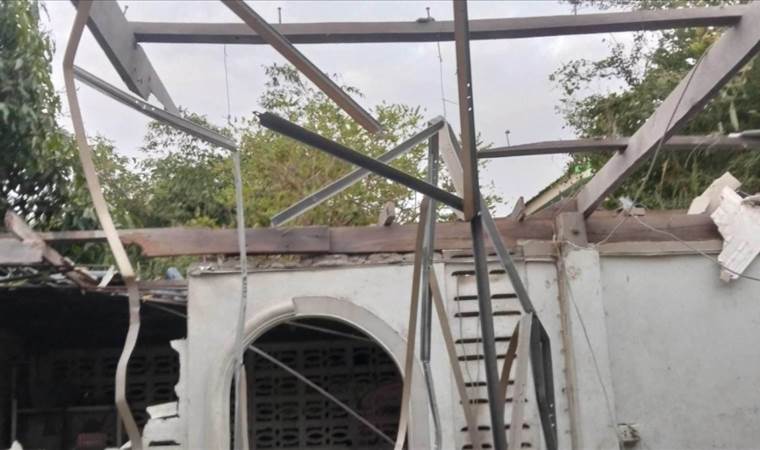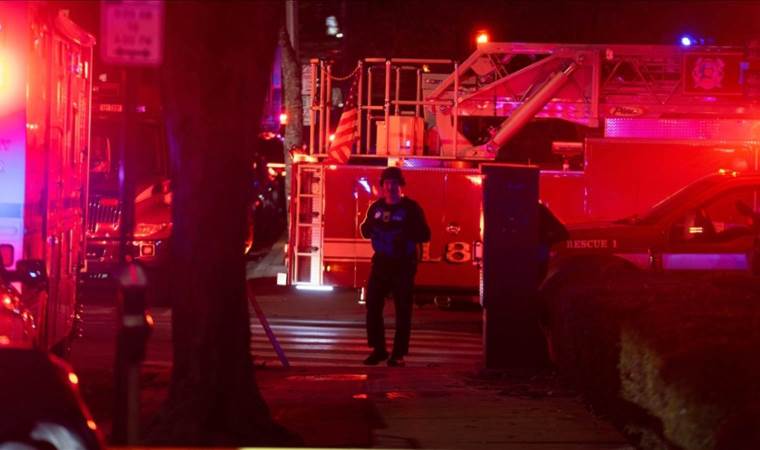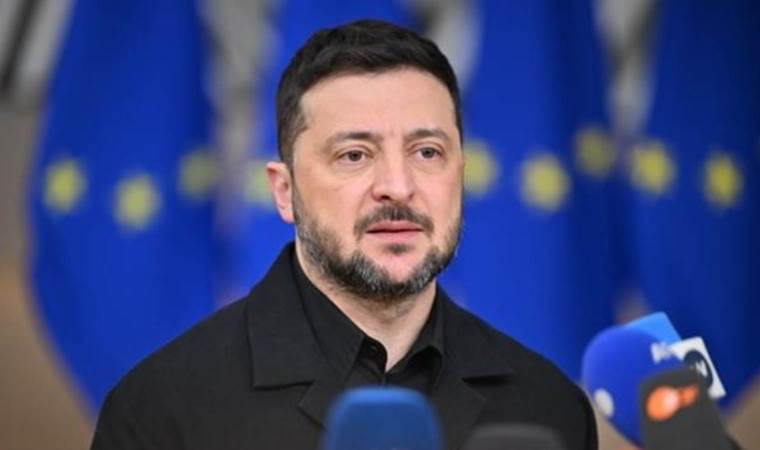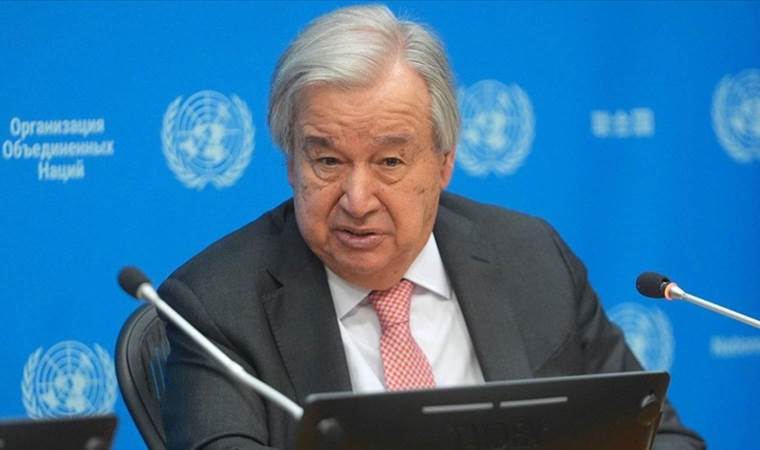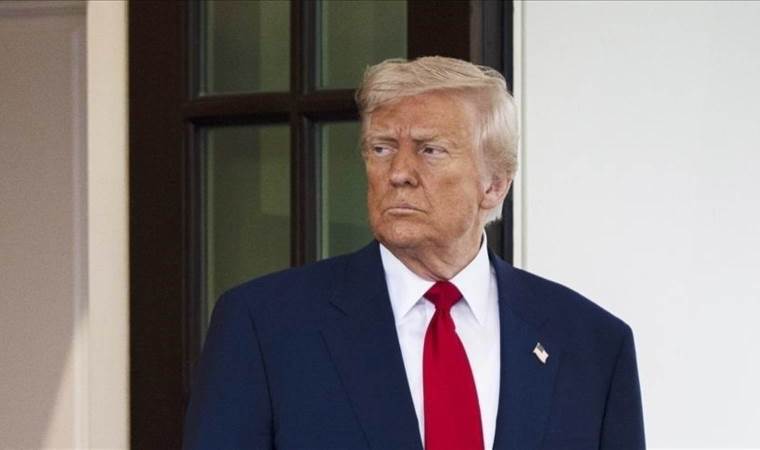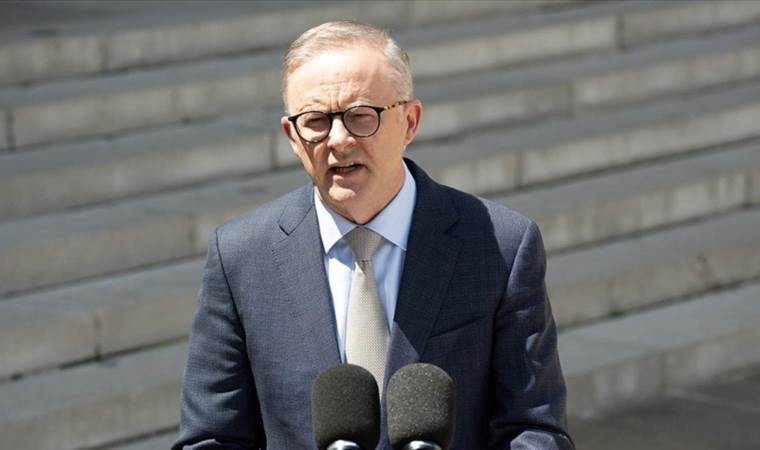Authors Columns of the Day Sport Guest Life All Authors
Judgment by the Duce
Josef K. wakes up one morning, is unexpectedly arrested and taken away...
Kafka's famous novel, 'The Trial' begins just like this.
Josef K. is taken from his home by individuals he assumes to be police but cannot identify, for an undisclosed reason and an unknown crime, and is thrust into an obscure maze of judicial proceedings...
Orson Welles masterfully adapts Kafka's classic into a cinematic masterpiece also titled 'The Trial'. In the film, he uses Rome's extraordinarily magnificent justice palace, sprawling over a 170-meter area, as the external facade of this nightmarish court.
Whenever I pass by this building, known as Palazzaccio or 'The Ugly Palace' for its disliked eclectic architectural style and the bad memories it harbors, I recall Anthony Perkins/Josef K. emerging from Kafka's court.
Welles chose this dramatic palace as a backdrop for its imposing size and haunting memory, crushing humans like insects.
In the Italian capital, one of the two striking buildings embodying fascism is the Palazzo Venezia, which opens to Venice Square with the balcony from which the dictator delivered his speeches. The other is the 'Palace of Justice/Palazzaccio' itself, facing the Tiber on one side and the Vatican on the other, representing Mussolini's legal construct of fascism.
Recently, Tayfun Atay discussed Hitler's judiciary under the title 'National Justice Creates Führers'. Let me take this opportunity to talk about the judiciary under Mussolini, the inventor of fascism.
'No need for opposition'
Mussolini came to power in 1922...
By 1926, he rapidly subjugated the judiciary to himself and drew the curtain of fascism over the country.
In 1922, the year leading to the Republic in our country, there was a pluralistic structure in Italy. There were opposition parties, unions, and a diverse press.
However, Mussolini quickly created a state of emergency and exploited it to the fullest to transform pluralism into monopolism.
Taking advantage of a few minor and unsuccessful assassination attempts against him in the autumn of 1925-1926, he aimed to establish a Special Court for the Security of the State (SCS) targeting political crimes.
He immediately asks Alfredo Rocco, whom he appointed as Minister of Justice and Religious Affairs (!), to draft a penal code. And after the last assassination attempt in 1926, he created an atmosphere of high alert, where no one dared speak.
In this climate, he plans a SCS that reinstates the previously abolished death penalty into the penal code.
At the first parliamentary session convened to discuss the Special Court for the Security of the State (SCS) proposal, however, the first order of business was to lift the immunities of opposition deputies and to annul their parliamentary memberships.
Among them is the thinker and Communist MP Antonio Gramsci...
Gramsci is swiftly arrested and spends ten years behind bars, only released when he is on the brink of death.
After the parliament turns into a rose garden, purged of the opposition, the death penalty is smoothly approved, and the terrifying law of the SCS established in the 'Palazzaccio' is sanctioned.
The next day, the pro-government press echoes this victory with headlines stating, 'The Parliament does not need the opposition. Justice has found its place.'
'It's either us or them'
The SCS, aiming to spare no room for political opponents and consisting of a president and five judges, is handed over to regime-friendly judges.
In the trials of the SCS, only the penal law of war conditions is applied, and there is no appeal.
The SCS, which stood for 17 years until Mussolini's downfall, tried over 15,000 'antifascist militants' and sentenced 77 to death.
The Duce defends this practice of pruning the opposition with the words, 'It's either us or them', and in this context, enacts all the laws he desires: He dissolves all opposition parties, associations, and organizations. He renders the parliament, which he describes as a 'grey and deaf hall', irrelevant to his responsibilities, takes control of the press, establishes the secret police OVRA, mandates party membership for educators, and sets up the 'Ministero della Cultura Popolare/Ministry of Popular Culture' to cultivate 'approved citizens'.
By concentrating the powers of the judiciary, legislature, and executive under these extraordinary laws, Mussolini embeds fascism in all its facets.
In just one year, Italy plunges into the worst Kafkaesque nightmare.
The nullification of the parliament, the consolidation of the executive, judiciary, and legislative powers on one hand, and the elevation of 'native and national' ideology over universal democracy lead in one direction: Duce's fascism.
As the renowned political scientist, Giovanni Sartori puts it, this is the inevitable result of the unlimited, arbitrary exercise of power and the leader's imposition of his constitution instead of being constrained by one.
If we are at the last exit before the bridge, please, let's turn back.
Yazarın Son Yazıları All Columns
Günün Köşe Yazıları
Most Read News
-
 Thailand imposes martial law in border districts as clas
Thailand imposes martial law in border districts as clas
-
 2 killed, 8 critically injured in shooting at Brown Univ
2 killed, 8 critically injured in shooting at Brown Univ
-
 Zelenskyy says bilateral security guarantees a ‘compromi
Zelenskyy says bilateral security guarantees a ‘compromi
-
 Delhi’s air quality worsens to new severe level, Indian
Delhi’s air quality worsens to new severe level, Indian
-
 Attacks on Bangladeshi peacekeepers in southern Sudan ma
Attacks on Bangladeshi peacekeepers in southern Sudan ma
-
 2 Palestinians killed by Israeli army in occupied West B
2 Palestinians killed by Israeli army in occupied West B
-
 Trump vows to respond to alleged ISIS attack on US force
Trump vows to respond to alleged ISIS attack on US force
-
 ‘No place for violence in Australia,’ says Premier Alban
‘No place for violence in Australia,’ says Premier Alban

